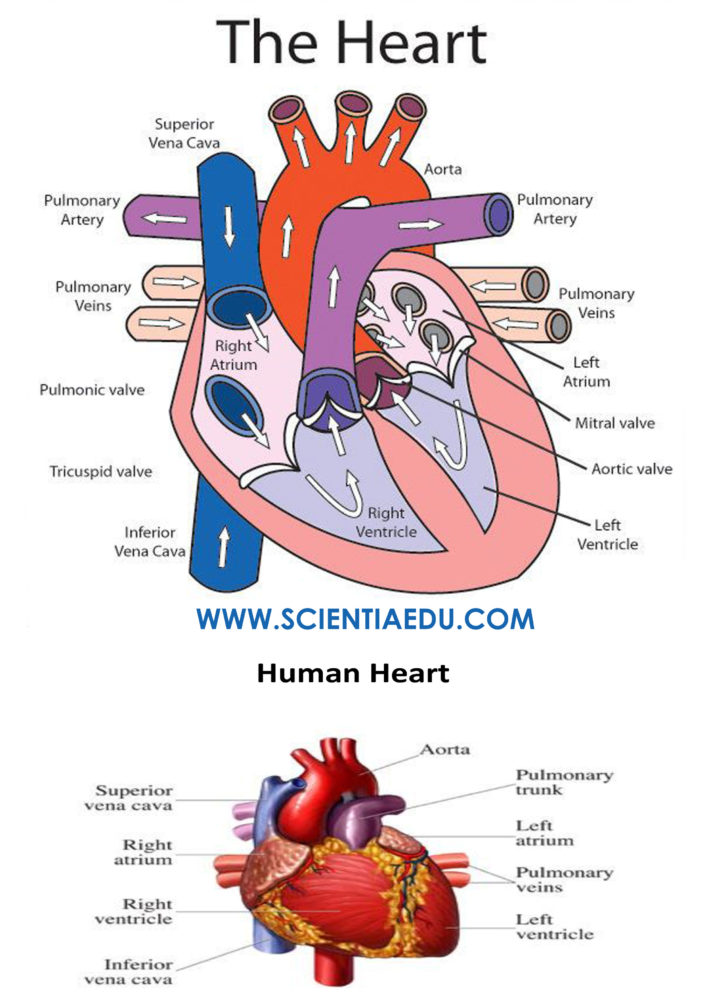MCQs On Vitamins and Minerals
MCQs On Vitamins and Minerals
1. The total number of essential vitamins required for the proper functioning of the human body is ______________.
(a) 12
(b) 13
(c) 15
(d) 22
Sol: (b) 13.
2. Which of the following vitamins cannot be produced by our body?
(a) vitamin A
(b) vitamin K
(c) vitamin C
(d) All of the above
Sol: (d) All of the above.
3. Which of the following minerals controls growth and body weight?
(a) Iodine
(b) Calcium
(c) Phosphorous
(d) All of the above
Sol: (a) Iodine.
4. Which of the following vitamins is called a water-soluble vitamin?
(a) vitamin A
(b) vitamin D
(c) vitamin C
(d) vitamin K
Sol: (c) vitamin C.
5. _________ helps in the regulation of blood volume and blood pressure.
(a) Iron
(b) Iodine
(c) Sodium
(d) Phosphorous
Sol: (c) Sodium.
6. Which of the following are examples of macro minerals?
(a) Sodium
(b) Calcium
(c) Chloride
(d) All of the above
Sol: (d) All of the above.
7. Excessive intake of calcium in our diet results in ___________.
(a) Stroke
(b) Diarrhoea
(c) Constipation
(d) Kidney stones
Sol: (d) Kidney stones.
8. Which of the following vitamins are called fat-soluble vitamins?
(a) vitamin B
(b) vitamin E
(c) vitamin C
(d) vitamin B2
Sol: (b) vitamin E.
9. Onions, broccoli, fresh fruits, milk, eggs, and iodized salt are good sources of _________.
(a) Phosphorus
(b) Sodium
(c) Iodine
(d) Both (b) and (c)
Sol: (d) Both (b) and (c).
10. Passion fruit and pomegranate are rich in which mineral?
(a) Phosphorous
(b) Calcium
(c) Manganese
(d) None of the above
Sol: (a) Phosphorous.



